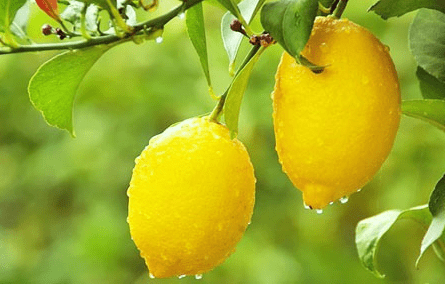Limoneira Company reported that its revenues climbed at a year-on-year rate of 4% in the 2021 season (ended last October 31), to $ 143 million.
More than anything, the increase in fiscal 2021 was the result of increased sales of fruit and other traded lemons, partially offset by declining sales of fresh lemons, compared to fiscal 2020.
Sales of fruit and other lemons with brokerage for fiscal years 2021 and 2020 were $ 36.0 million and $ 18.9 million, respectively.
The increase in fruit brokerage in fiscal 2021 was primarily the result of higher volume and higher prices for fruit brokerage sales, compared to fiscal 2020.
Fiscal Year 2021 Compared to Fiscal Year 2020
The company is one of the oldest citrus growers in California.
Lemons
According to Sunkist Growers, Limoneira is one of the largest producers of lemons in the United States and, according to the California Avocado Commission, one of the largest producers of avocados in the same country.
In addition to growing lemons and avocados, the company grows oranges and a variety of specialty citrus and other crops.
Today, Limoneira has agricultural plantations in Ventura, Tulare, San Luis Obispo, and San Bernardino counties in California, Yuma County in Arizona, La Serena, Chile, and Jujuy, Argentina, which together consist of approximately 6,100 acres. of lemons, 800 acres of avocados, 1,000 acres of oranges, and 900 acres of specialty citrus and other crops.
The company also operates its own packinghouses in Santa Paula and Oxnard, California, and Yuma, Arizona, where it processes, packs, and sells the lemons it grows, as well as lemons grown by others.
We have a 47% stake in Rosales SA, a citrus fruit packaging, marketing and sale business, a 90% stake in Fruticola Pan de Azucar SA (PDA), a lemon and orange orchard and a 100% stake in Agrícola San Pablo SpA. (San Pablo), an orchard of lemon and orange trees, all of them located near La Serena, Chile.
It also owns a 51% stake in a joint venture, Trapani Fresh Consortium of Cooperation (Trapani Fresh), a lemon orchard in Argentina.
Avocados
The decrease in fiscal 2021 was primarily the result of lower volume, partially offset by higher prices for avocados sold, compared to fiscal 2020.
The California avocado crop generally experiences alternating years of high and low production due to the physiology of the plant.
![]()

